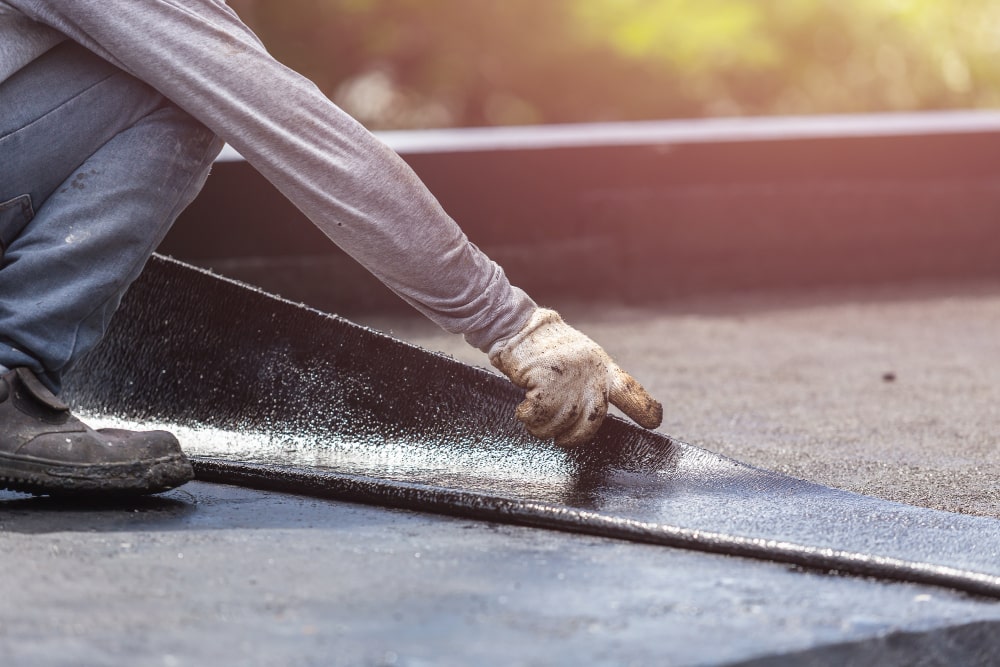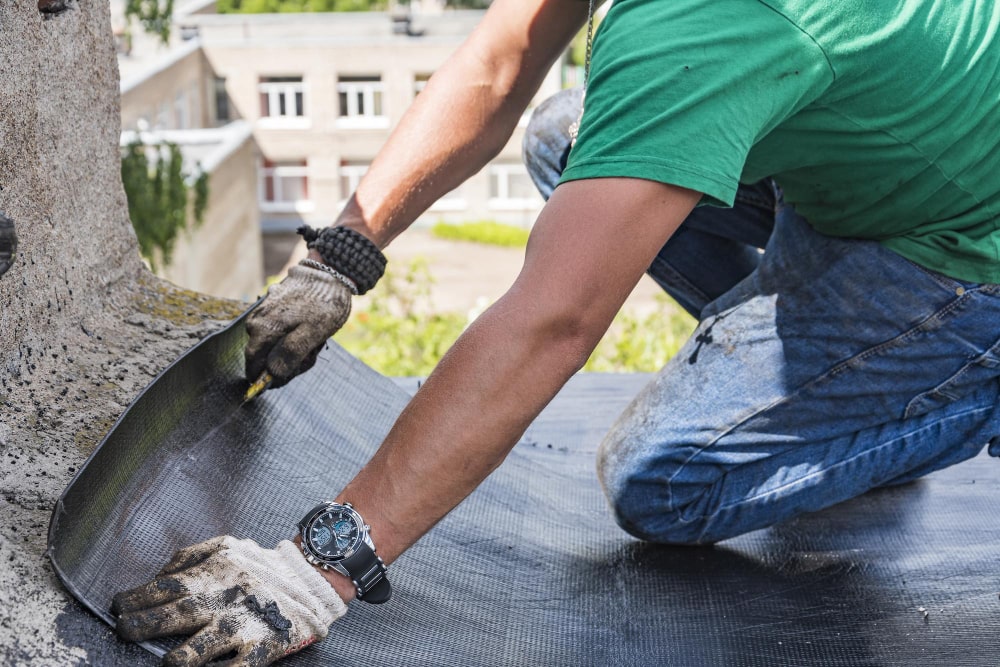Selecting the right roofing contractor is a critical decision when it comes to commercial roofing projects. Commercial roofs are vastly different from residential roofs, both in terms of size and complexity. The durability and longevity of a commercial roof significantly impact a business’s daily operations and the protection of valuable assets.
Therefore, it’s crucial to choose a roofing contractor with the specific expertise and capabilities required for commercial roofing. In this guide, we’ll delve into the considerations and steps to help you make an informed decision when selecting a roofing contractor for your commercial project.
Understanding the Importance of Expertise in Commercial Roofing
Commercial roofing projects involve a set of unique challenges and requirements that differ from residential roofing. The scale, design, materials, and regulations for commercial roofs demand specialized knowledge and skills. Here’s why expertise in commercial roofing is vital
Roof Complexity
Commercial roofs are often more intricate than residential roofs. They can include multiple levels, complex designs, HVAC systems, and other structural elements that must be considered when planning and executing the roofing project.
Safety Regulations
Commercial roofing projects are subject to strict safety regulations. Roofing contractors must comply with Occupational Safety and Health Administration (OSHA) guidelines and industry-specific safety standards to protect workers and property.
Large Surface Area
Commercial roofs cover a larger surface area, which requires more labor, materials, and logistical planning. Contractors must have experience managing such projects efficiently.
Business Continuity
A leak or roofing issue can disrupt business operations, leading to downtime and financial losses. Commercial roofing contractors understand the importance of minimizing disruption and ensuring the roof is watertight during the project.
Steps to Choose the Right Commercial Roofing Contractor
Selecting a contractor for a commercial roofing project should involve a deliberate and thorough process. Follow these steps to make an informed decision
Step 1 – Research and Shortlist
Start by researching commercial roofing contractors in your area. Look for contractors with experience in commercial roofing, a solid reputation, and a portfolio of successful projects. You can use online directories, ask for recommendations from other businesses, and check industry-specific organizations.
Step 2 – Verify Credentials
Once you have a list of potential contractors, verify their credentials. Ensure they have the necessary licenses and certifications to operate in your area. This step is crucial for legal compliance and quality assurance.
Step 3 – Review Insurance
Commercial roofing projects involve risks, so it’s essential to check the contractor’s insurance coverage. Ensure they have liability insurance and workers’ compensation insurance to protect against accidents and property damage.
Step 4 – Assess Experience
Experience is a key factor in choosing the right contractor. Look for contractors with a track record in commercial roofing projects, especially those similar in scale and scope to yours. Experience demonstrates their ability to handle complex tasks and navigate potential challenges.
Step 5 – Request References
Ask the contractor for references from past commercial clients. Contact these references to learn about their experiences with the contractor, including the quality of work, adherence to timelines, and professionalism.
Step 6 – Visit Previous Projects
If possible, visit some of the contractor’s completed commercial roofing projects. This firsthand inspection can provide valuable insights into the quality of their work and the materials they use.
Step 7 – Evaluate Safety Practices
Safety is paramount in commercial roofing. Inquire about the contractor’s safety practices, training programs for workers, and their safety record. Contractors with strong safety measures demonstrate a commitment to both their employees and your project.
Step 8 – Assess Financial Stability
A financially stable contractor is less likely to run into financial difficulties during your project. Request financial references and assess their financial stability before making a decision.
Step 9 – Obtain Detailed Proposals
Request detailed proposals from the shortlisted contractors. The proposals should include a breakdown of costs, project timelines, materials, and a clear scope of work. Compare these proposals carefully.
Step 10 – Understand Warranty and Maintenance
Inquire about the warranty offered on the roofing materials and the contractor’s workmanship. Additionally, discuss post-project maintenance plans to ensure the roof’s longevity.
Step 11 – Communication and Collaboration
Choose a contractor with open and transparent communication. They should be willing to answer your questions, address concerns, and collaborate with you effectively throughout the project.
Step 12 – Legal Agreements
Before starting the project, have a written agreement in place. This contract should outline all project details, including costs, timelines, materials, warranties, and legal responsibilities.
Specific Considerations for Commercial Roofing Replacement
Commercial roofing projects require additional considerations beyond those of residential projects. Here are some specific factors to keep in mind
Roof Type and Materials
Commercial roofs can be flat, low-slope, or steep-slope, and the choice of materials varies accordingly. Ensure your chosen contractor has experience with the specific roof type and materials you need.
Energy Efficiency
Energy-efficient roofing options are increasingly popular for commercial buildings. Ask the contractor about energy-efficient solutions, such as cool roofing materials and insulation, to reduce energy costs.
Local Building Codes
Commercial roofing must comply with local building codes and regulations. A knowledgeable contractor will be well-versed in these codes and ensure that your project is in compliance.
Discuss post-installation maintenance plans with the contractor. Regular maintenance is crucial to extend the life of your commercial roof and prevent costly issues.
Weather Considerations
Consider the local climate and weather conditions when selecting roofing materials. Contractors experienced in your region will recommend materials that can withstand the elements.
Conclusion
Choosing the right roofing contractor for your commercial project is a critical decision that can significantly impact the success and longevity of your roof. Commercial roofing requires specialized knowledge, experience, and attention to detail.
By following the steps outlined in this guide and considering the specific factors associated with commercial roofing, you can make an informed decision and ensure a successful and durable roofing project for your business.
A well-maintained and reliable roof not only protects your investment but also contributes to the overall functionality and aesthetics of your commercial property.



